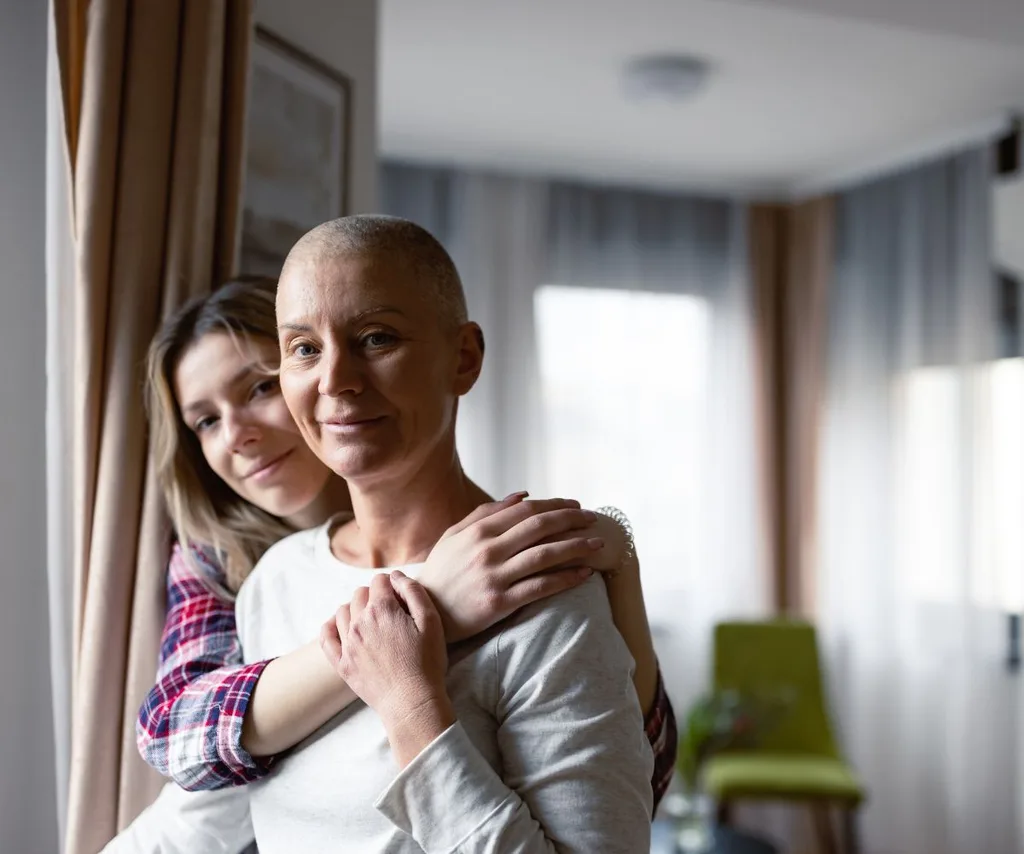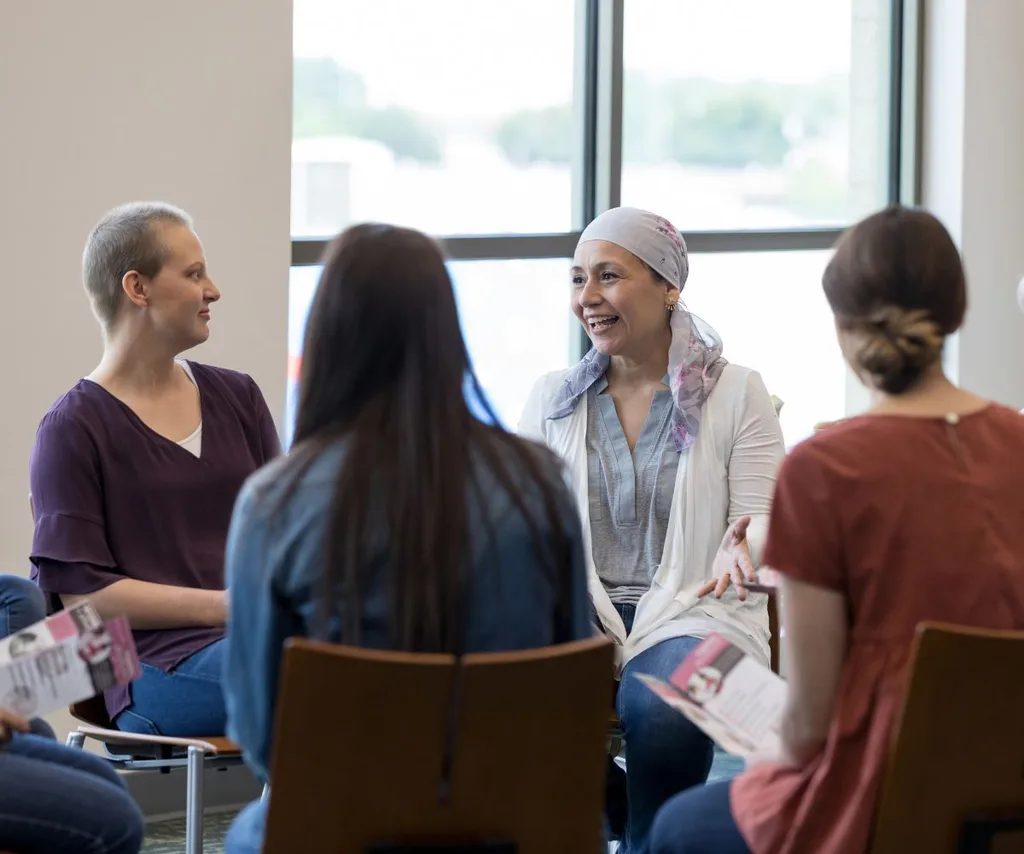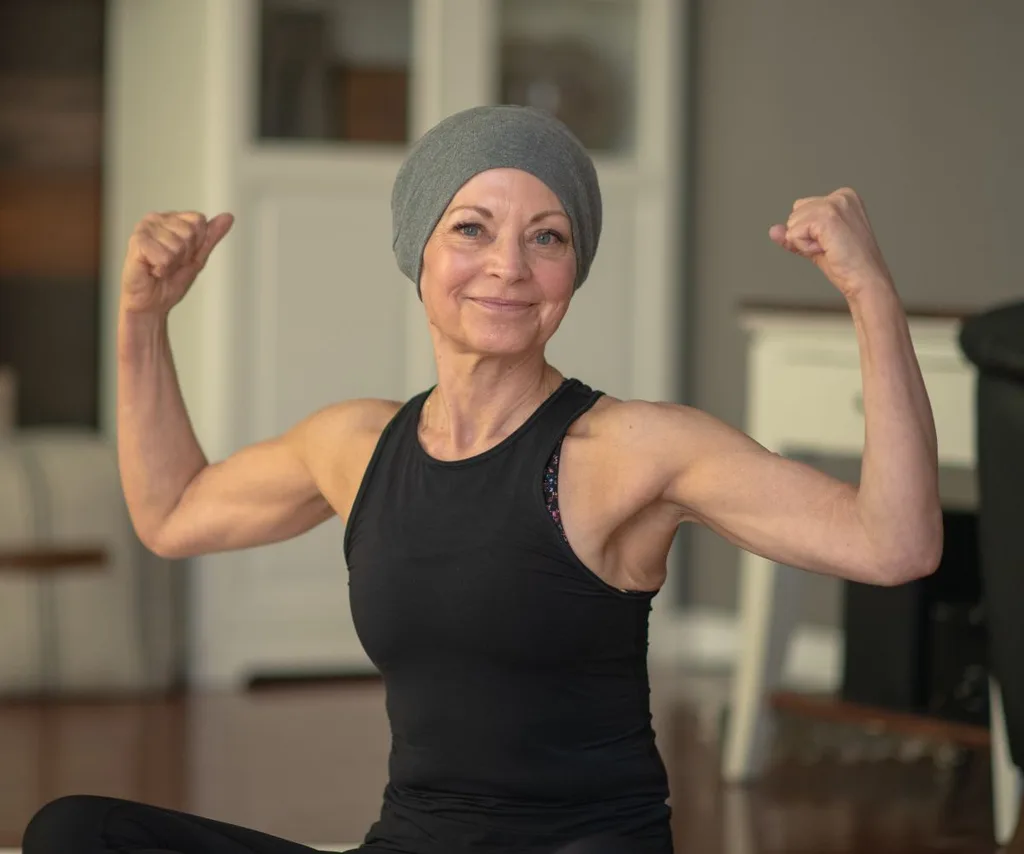When you’ve been through the hugely distressing experience of cancer, you might expect that surviving your ordeal would bring that emotional roller-coaster to an end.
But for more than 60 per cent of people living with or beyond cancer, the fear of it returning – known as fear of cancer recurrence (FCR) – presents a whole new set of challenges.

Don’t let your fears alienate you from family.
(Credit: Getty)“It has a really significant impact on people’s mental health and their quality of life,” says cancer researcher Dr Ben Smith from the University of New South Wales.
“It can make it really hard to engage with other people and activities because people are so caught up in worry. That can impact on people’s relationships and their ability to work and carry out the everyday activities that bring purpose and meaning to their lives.”
For some, FCR means they’re reluctant to commit to future events, such as family weddings or overseas trips. And for those living with severe FCR, any unexpected physical symptoms, such as a headache, can spark renewed panic.
“Physical symptoms are a really common trigger for these fears,” says Dr Smith.
“It can trap people in this cycle of constantly feeling like they need to immediately go and see healthcare practitioners – and there are costs involved with that, both in terms of time and finances.”

Access free services and support for carers from Carer Gateway.
(Credit: Getty)FCR can be an isolating experience. Dr Smith says some people are reluctant to talk to doctors about their fears because they don’t want to seem ungrateful for the treatment and care they’ve received.
And it can be hard to share their feelings with loved ones, too – some cancer survivors worry about being a burden.
Unfortunately in many cases it’s very difficult for doctors to completely rule out the possibility that cancer could return, Dr Smith says.
So the challenge for survivors of cancer is to find a balance between being vigilant about potential symptoms of the disease returning, without being too focused on that possibility. Being fully informed can help.
“What we try and encourage people to do – and it has to be in consultation with your healthcare team – is to develop a plan around, ‘What symptoms should I specifically look out for? When I do have these symptoms, how long should I wait?'” explains Dr Smith.
So how can you manage your anxiety around cancer coming back?

While worrying is common, try to limit time spent doing it.
(Credit: Getty)It might be helpful to set aside 15 to 30 minutes a day as dedicated worry time, Dr Smith suggests, so that you limit the amount of time you spend reflecting on your fears.
Talking to other cancer survivors who understand your feelings can help, so look for support groups online or in your area. If FCR is having a significant impact on your quality of life, Dr Smith suggests seeing a psychologist to learn strategies to manage your fear.
“The interventions that have been shown to be most effective tend to help people not eliminate fears of recurrence, but they’re focused on trying to change the way people engage with their worries and help them get less caught up in them, such as mindfulness.”
If you’d like to register for Dr Smith’s online support program for FCR, visit I Conquer Fear.
Are you a carer?
Do you look after someone who lives with a disability, has a medical or mental health condition, or is frail due to age?
You might be young or old, looking after a relative or friend 24 hours a day or just some of the time.
If this sounds like you, you may be an unpaid carer – and you can get help.
Carer Gateway provides a range of free services and support, no matter where you live.
For more information call Carer Gateway on 1800 422 737 Monday to Friday, 8am to 5pm. Go to Carer Gateway.









